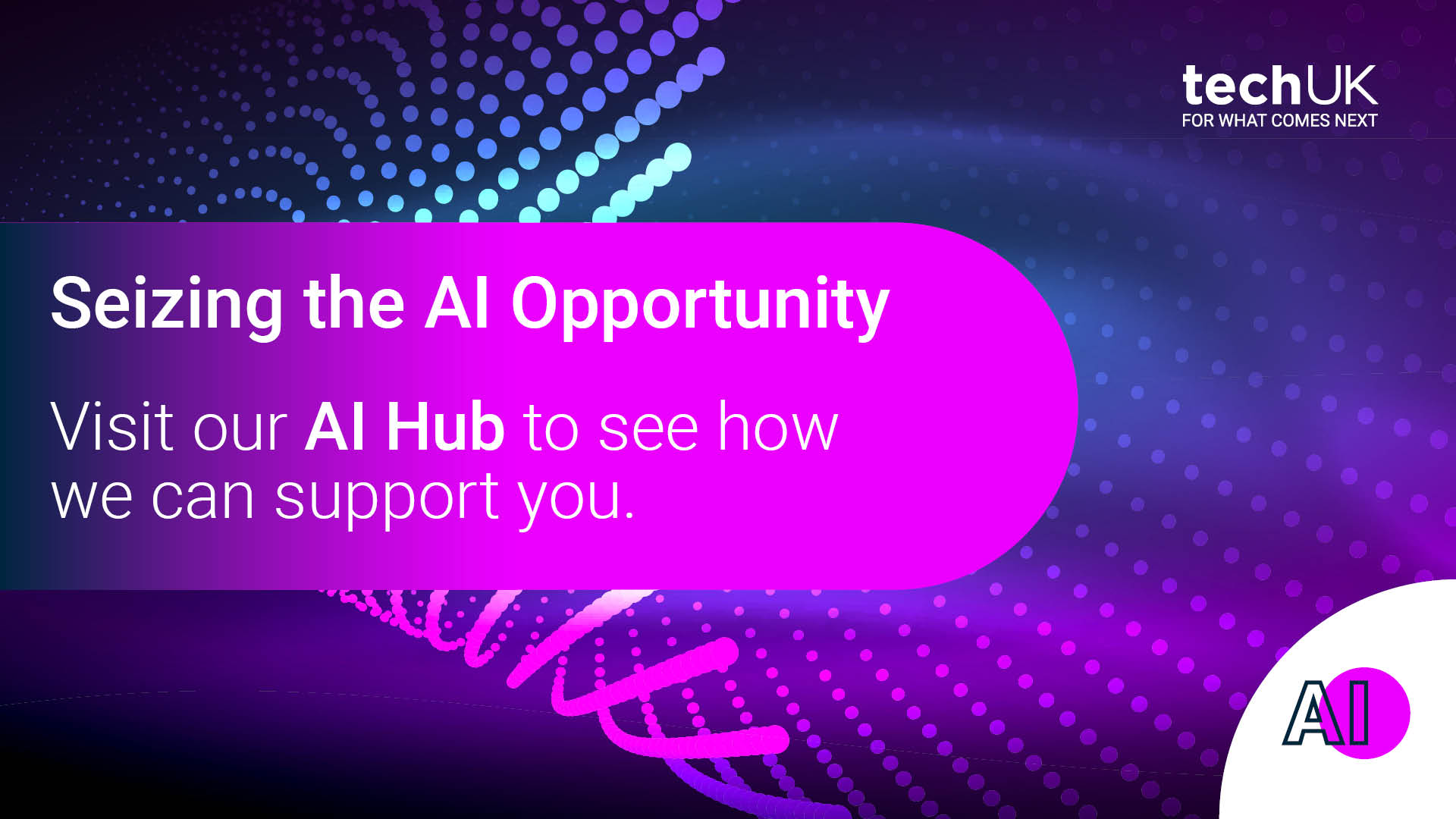AI Adoption Case Study: learn how NIX is integrating AI-driven algorithms into fertilisation treatment processes
techUK’s AI adoption collection of case studies showcases examples of how organisations are Putting AI into Action, either through the adoption of AI models within their organisations, or by developing AI tools that can be leveraged by others.
By shining a light on these use cases, techUK hopes to demonstrate examples of best practice from across sectors and from organisations of all sizes.
NIX is a software development company that has been tasked with integrating AI-driven algorithms into fertilisation treatment processes.
A health-tech startup aimed to disrupt the industry of vitro fertilisation (IVF) treatment through AI-driven embryo selection. Their method uses AI-powered image recognition algorithms to identify embryos with the highest implantation potential, enhancing decision-making for clinicians and patients.
NIX was chosen as a technology partner to transform their method and prototype into a market-ready product, dealing with data engineering, AI, and ML.
1. Challenge:
Despite the fact that in vitro fertilization (IVF) has been around for forty years, success rates still need to be improved. Even women below 35 only have a roughly 30% chance to conceive using IVF treatment. As a result, female patients spend thousands of dollars through multiple IVF cycles with little guarantees. In fact, in the last ten years, there haven’t been any significant advancements in fertilization treatments. We will examine the deficiencies in current IVF treatments and delve into how technological advancements can address them, illustrated through a NIX case study.
2. Solution
Working side by side with the client’s subject matter experts and researchers, we enhanced the efficiency and accuracy of AI algorithms, identified image classification models, and deployed the models on the TensorFlow Serving framework. This system is perfectly tuned for serving trained models, scalable API, and auto-allocation of hardware resources. The models were trained on a dataset of timelapse videos of human embryos developing.
In just 3 months, NIX developed an MVP of a cloud-based SaaS application for fertilization clinics, delivering three key components:
- AI engine for embryo classification, prediction, and decision support
- Scalable, multi-tenant backend for data orchestration and processing
- Intuitive user interface to reduce errors, standardise procedures, and offer data-driven insights through reports and dashboards.
3. Barriers:
AI Engine
The main challenge for an engineering team was to develop an AI engine capable of classifying embryo images to compute precise predictions. By sourcing 250 GB of clinic data and collaborating with industry experts, the team improved the accuracy of AI algorithms to correctly identify and classify medical images. As a result, the number of embryos for implantation dropped by half, from 3-4 to 1-2 per standard IVF cycle.
Data security
The healthcare industry is a highly regulated field that demands full compliance with data protection laws. By relying on Golang technology, tech specialists built a robust solution that prioritizes data protection. Ideal for high-load applications, Golang offers the scalability that such systems require to accommodate a growing demand. Unique technical and business expertise allowed the tech experts to create a well-performing and secure platform for IVF clinics in compliance with regulations like HIPAA and GDPR.
4. Impact:
A sophisticated application was developed, with advanced AI features and an intuitive interface that aids clinicians in making data-driven decisions. By sourcing data such as images and time-lapse videos from multiple clinics, they could rely on a large pool of real-life data. The solution can accurately predict the viability of each embryo and double the chances for a successful implantation.
Furthermore, the platform performs 50 times faster and provides 48% more precise results compared to an average embryologist. Working together, clinicians and AI systems can reduce the physical and mental toll of IVF treatment and facilitate a more transparent and smooth process for patients.
Patients benefits:
Although AI in IVF is a relatively new field of study and requires a lot more research, its potential is truly exciting. By increasing the success rates of each treatment, AI solutions aid patients in reducing the negative side effects. Additionally, more precise treatments will result in fewer attempts, which will save patients’ health and substantial amounts of money.
techUK - Seizing the AI Opportunity
The UK is a global leader in AI innovation, development and adoption.
AI has the potential to boost UK GDP by £550 billion by 2035, making adoption an urgent economic priority. techUK and our members are committed to working with the Government to turn the AI Opportunities Action Plan into reality. Together we can ensure the UK seizes the opportunities presented by AI technology and continues to be a world leader in AI development.
Get involved: techUK runs a busy calendar of activities including events, reports, and insights to demonstrate some of the most significant AI opportunities for the UK. Our AI Hub is where you will find details of all upcoming activity. We also send a monthly AI newsletter which you can subscribe to here.
Upcoming AI Events
Latest news and insights
Subscribe to our AI newsletter
AI and Data Analytics updates
Sign-up to our monthly newsletter to get the latest updates and opportunities from our AI and Data Analytics Programme straight to your inbox.
Contact the team
Visit our AI Hub - the home of all our AI content:

Enquire about membership:











